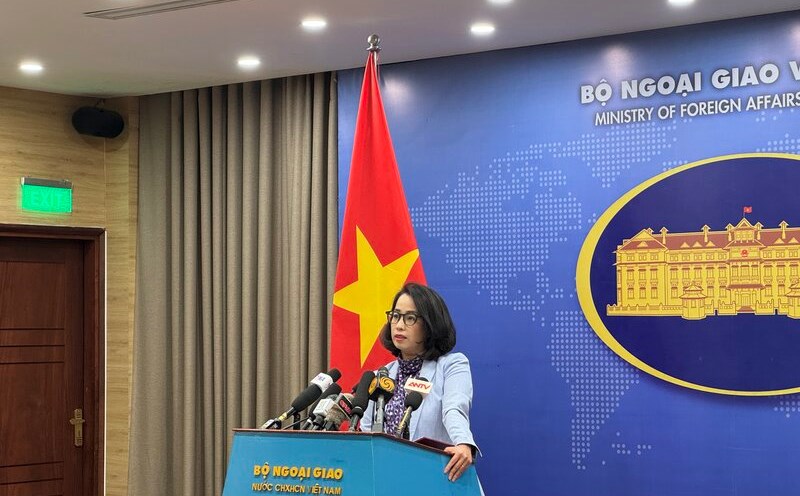On September 25, US President Donald Trump announced a new import tax package to protect the domestic manufacturing industry, applied to many essential goods.
He stated that from October 1, the US will impose a 100% tax on imported branded drugs if the company does not build a factory in the US. Kitchen cabinets are subject to a 50% tax, upholstery and interior are subject to a 30% tax and imported heavy trucks are subject to a 25% tax.
Mr. Trump explained that these measures are aimed at preventing cheap goods from flooding into the US causing damage to domestic businesses and promoting domestic manufacturing investment. On social media sites, he shared that the new tax rates are necessary for national security and many other reasons.
Notably, companies that are building or have started factories in the US will be exempted from taxes on branded drugs. Mr. Trump defined starting construction as having broken ground or under construction.
Pharmaceutical organizations and trade unions warn that the 100% tax rate could cause drug prices to increase sharply, causing great pressure on people and the health system. In 2024, the US will import about 233 billion USD of drugs and pharmaceutical products.
In the furniture and home appliances industry, the US puts pressure on Asian importers, which are one of the main suppliers to the US market.
The new tax measure is not only placed in the context of trade competition but also associated with Mr. Trump's strategy of using tax as a foreign tool. It follows previous taxes, such as steel, aluminum, automobile, copper taxes, etc.
However, this move also has many risks: Increased import costs, stimulated inflation, disrupted supply chains and retaliatory reactions from trading partners. Analysts predict that countries such as Mexico - a major truck exporter to the US - will react strongly.
The Asian stock market has reacted negatively, with many indicators falling after the new tax information and expectations that the Fed will slow down interest rate cuts due to increased inflationary pressures.
Mr. Trump said that he will transfer the collected tax revenue to support farmers affected by previous import taxes.
However, these tax measures could be sued in court for exceeding presidential authority in widely applying taxes the previous Literation Day tax orders were judged by the US Court of Commerce to be in excess of the authority.









